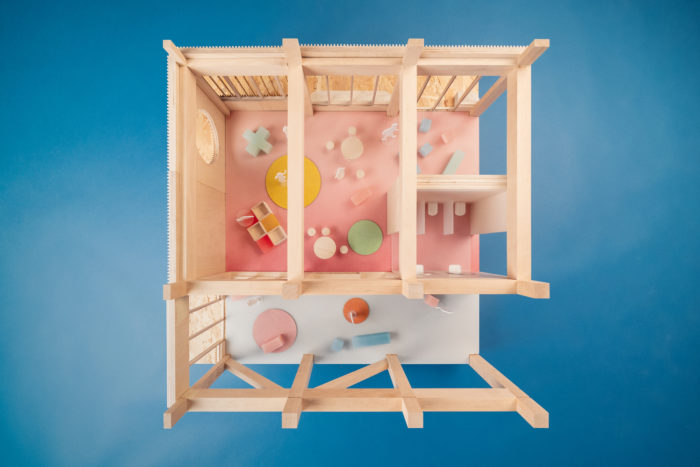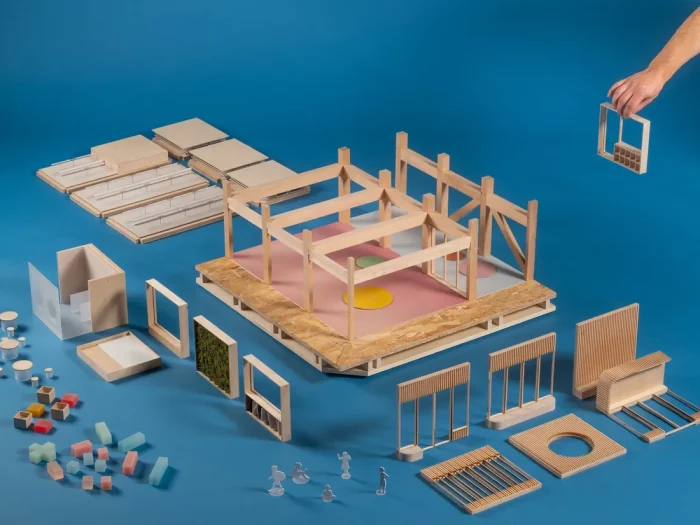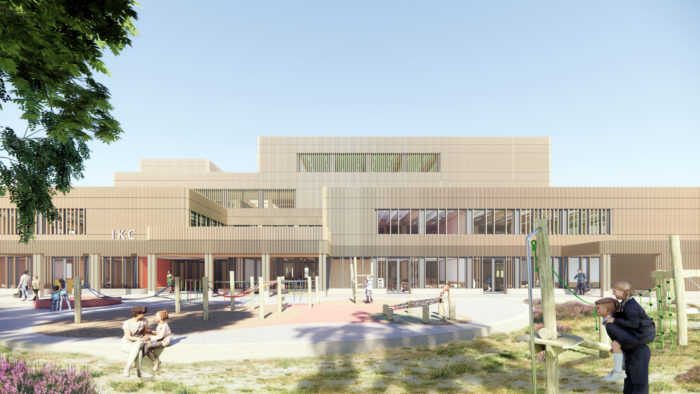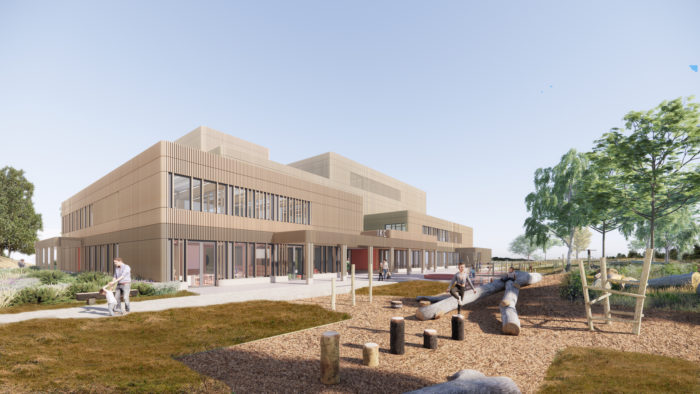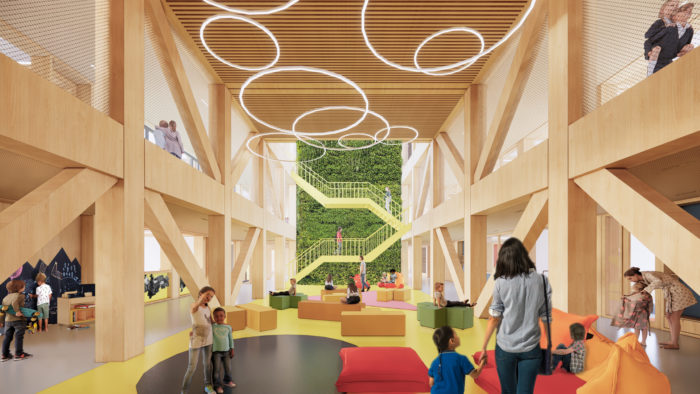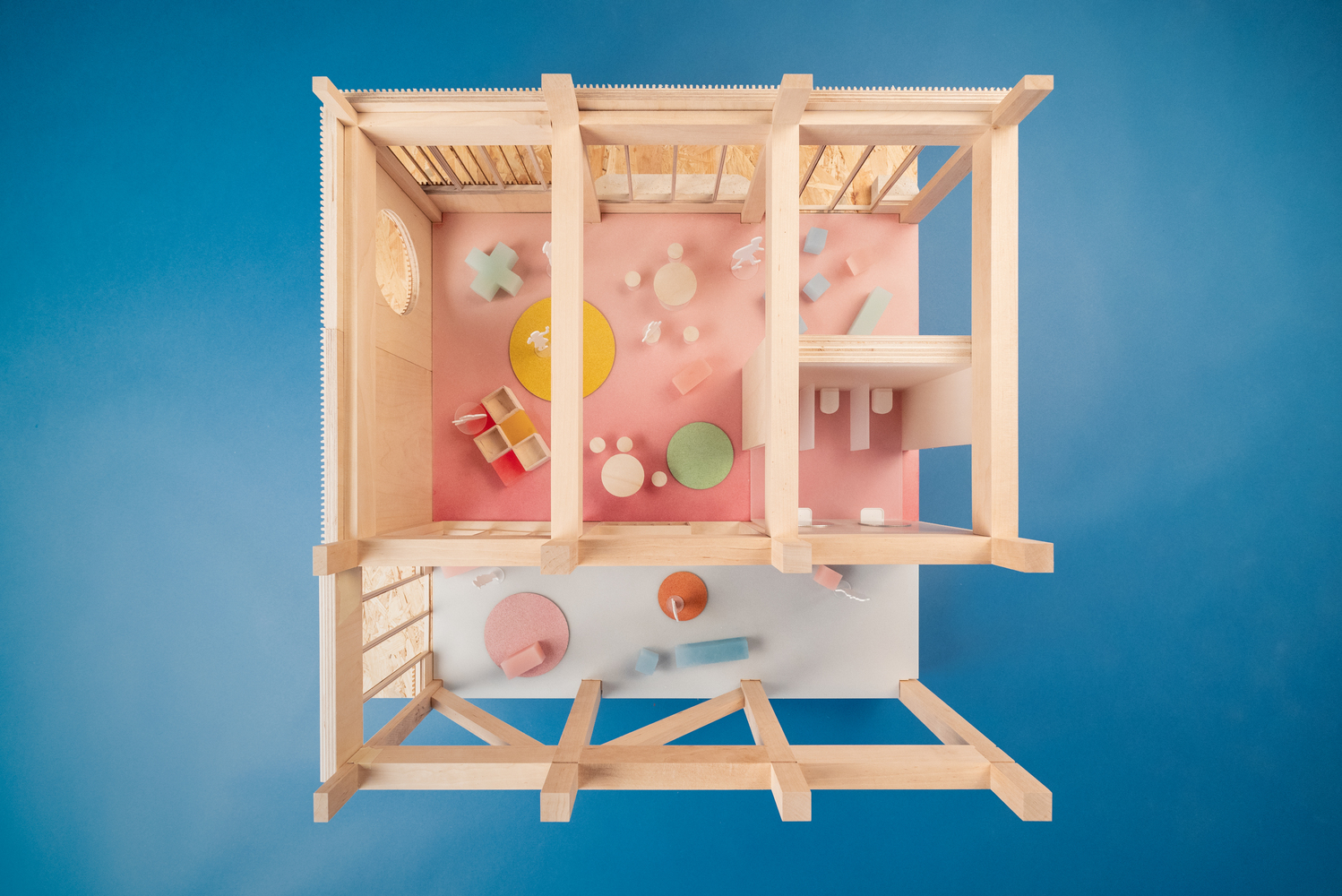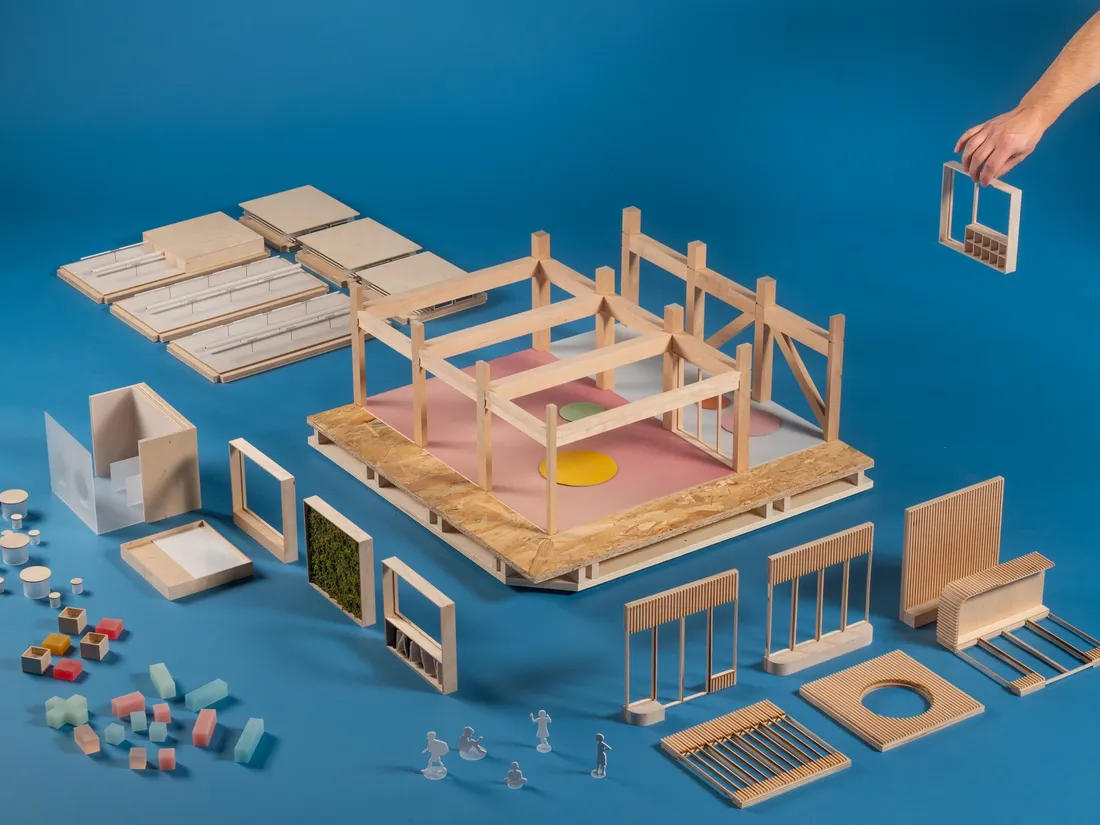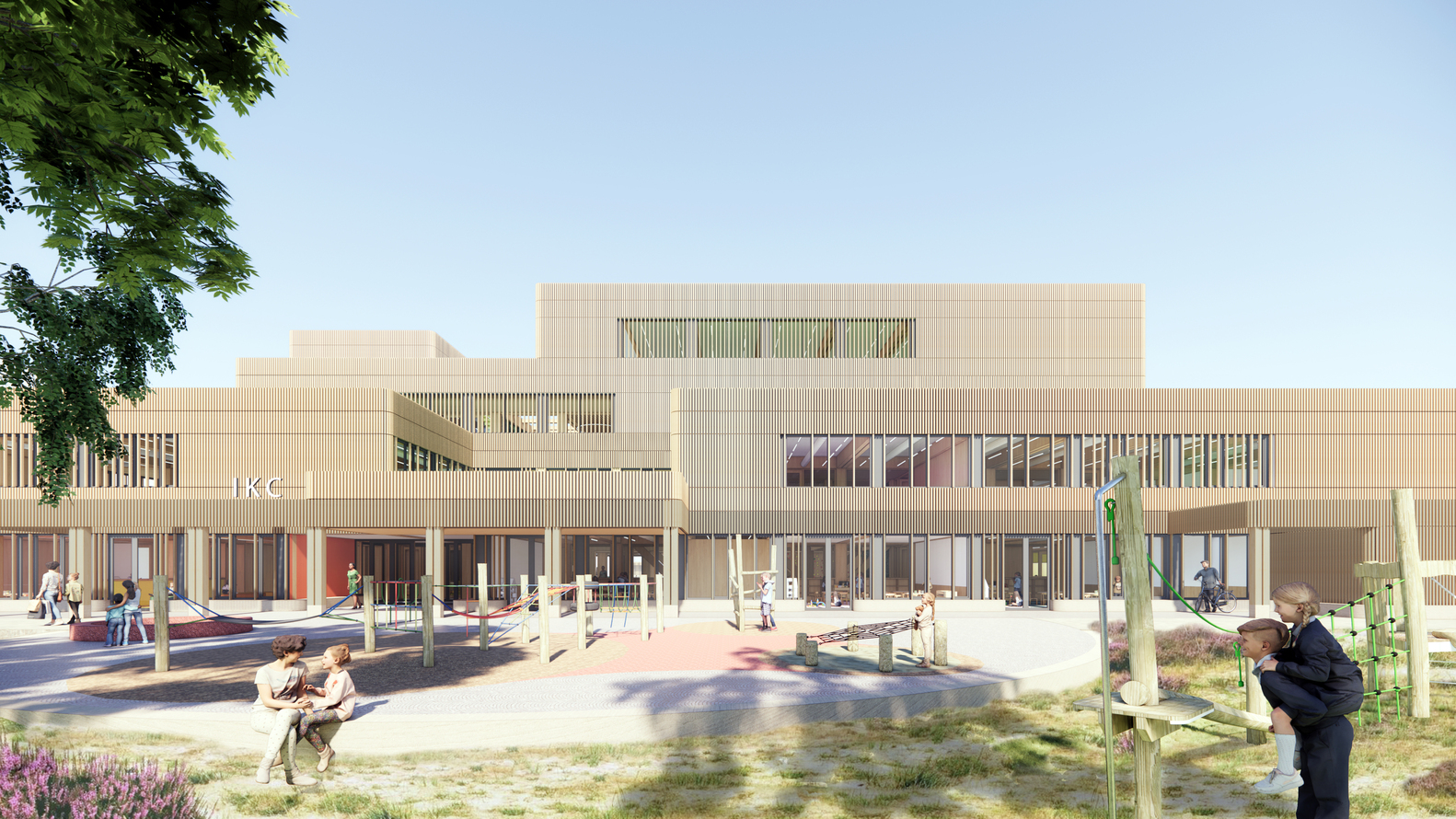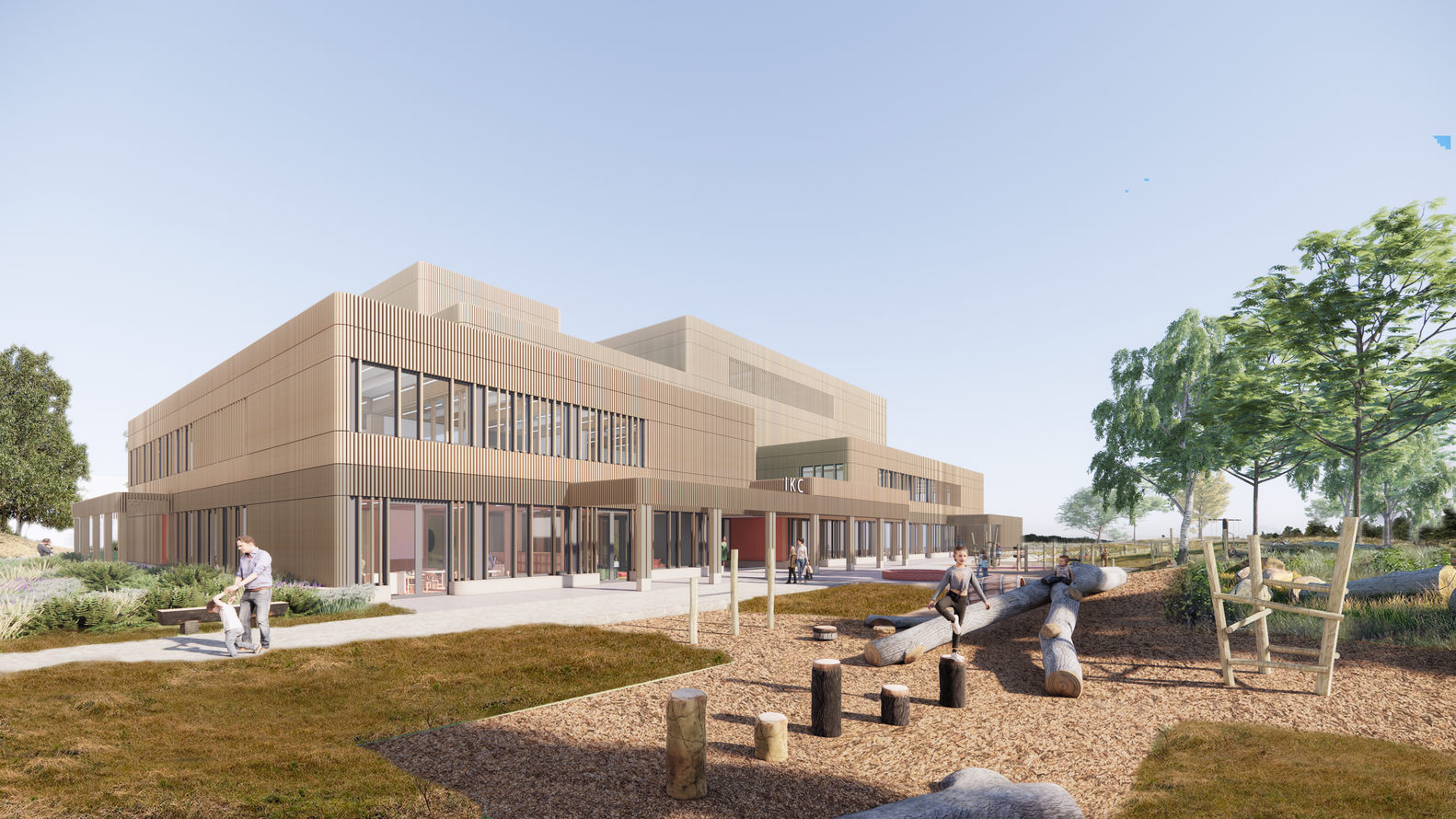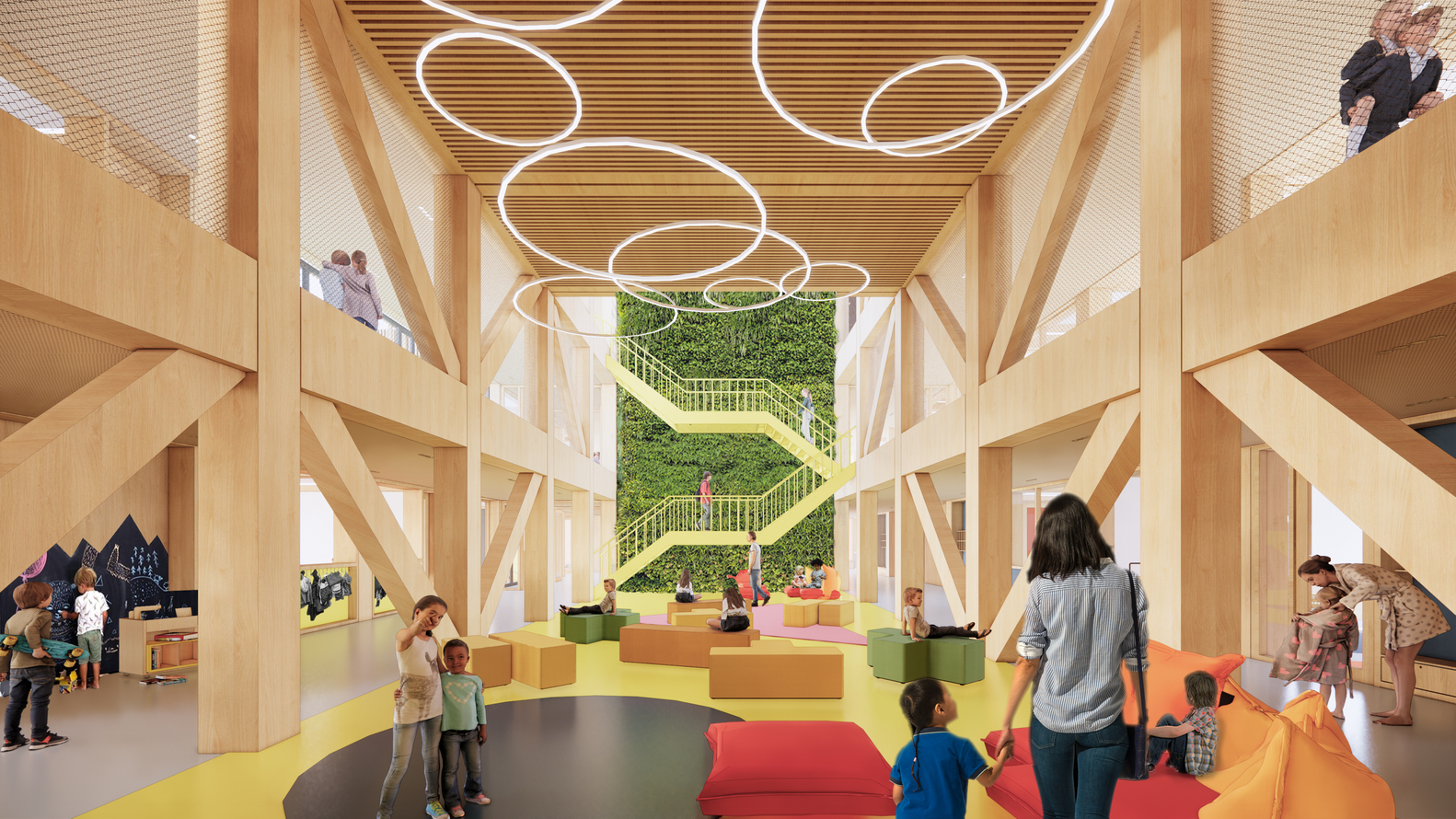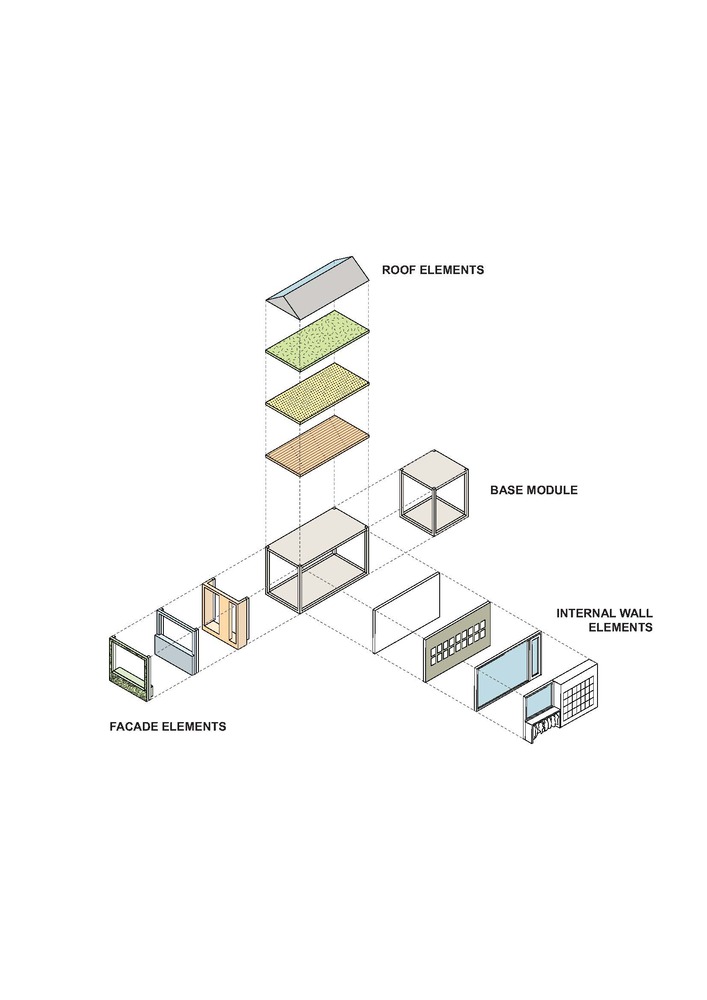OMA’s David Gianotten and Michel den Otter, both members of the Circlewood Association, have designed a modular wood system for creating dynamic learning environments in schools. The City Council of Amsterdam has decided to use this technology for several new schools over the next decade, within the scope of the Innovation Partnership School Buildings initiative. As part of its plan to become a fully circular city by 2050, the citywide effort seeks to construct between nine and thirty top-notch, versatile, and environmentally friendly schools.
Similarly, Foster + Partners have introduced the XYZ Office System, a modular and adaptable workplace solution.
“New schools being constructed in Amsterdam, and potentially everywhere in the Netherlands, will be able to scale up or down, or adopt other layouts as needed, thanks to the Modular Wood System technology. After a school is no longer used, it might be disassembled entirely and its parts reused in new building projects.” OMA Managing Partner and Architect David Gianotten.
OMA’s Modular Wood System
Circlewood is a collaboration of architects, engineers, and specialists working under the direction of OMA’s Creative Director to develop a system that includes traditional hardwood supports and cross-laminated wooden flooring panels joined by reused steel connectors. The modular wood system establishes a wooden framework, enabling the flexible arrangement of load-bearing walls and non-load-bearing elements to provide spaces with varied dimensions and functions.
The bio-based walls allow for various uses, including vertical gardening and climbing. Digital control over the design and production phase allows for swift on-the-spot installation and removal with an electric crane. The modular wood system will enable schools to tailor their classroom settings to students’ needs since its elements are long-lasting and versatile.
The designers also envisioned this building technique as a didactic tool for teaching pupils about sustainable architecture and the human footprint on the natural world. Classroom displays will reveal how much energy and supplies each school uses. The use of biobased and carbon-absorbing materials throughout the school and the reusability of the building components all contribute to the school’s commitment to sustainability and the modular economy.
As part of the Innovation Partnership Program, OMA will advise on selecting up-and-coming architectural firms to work with to develop specific new schools. Together with Studio A Kwadraat, an experimental school has opened in Amsterdam. The purpose of the small structure is to provide a comprehensive children’s facility in addition to the usual school curriculum. Because of this, each façade incorporates features like canopies and bike racks that cater to the demands of the residents.
The construction-kit style of the school’s design allows for an expansive central hall to accommodate planned and impromptu activities while maintaining its versatility, mobility through time, and emphasis on its users.
“The modular wood system process is a kind of construction kit, requiring numerous technical concerns to be answered up front,” adds Jimmy van der Aa, Architect of Studio A Kwadraat. As a result, we can swiftly establish a logical framework for the building and give our full attention to the end user and the customer.”
OMA and the Circlewood partners will expand upon the current system, making it suitable for a broader range of structures outside Amsterdam and the Netherlands.
©Arthur Wong for OMA
©Arthur Wong for OMA
The pilot school. ©Studio A Kwadraat, courtesy of OMA
The pilot school. ©Studio A Kwadraat, courtesy of OMA
The pilot school. ©Studio A Kwadraat, courtesy of OMA
©OMA


